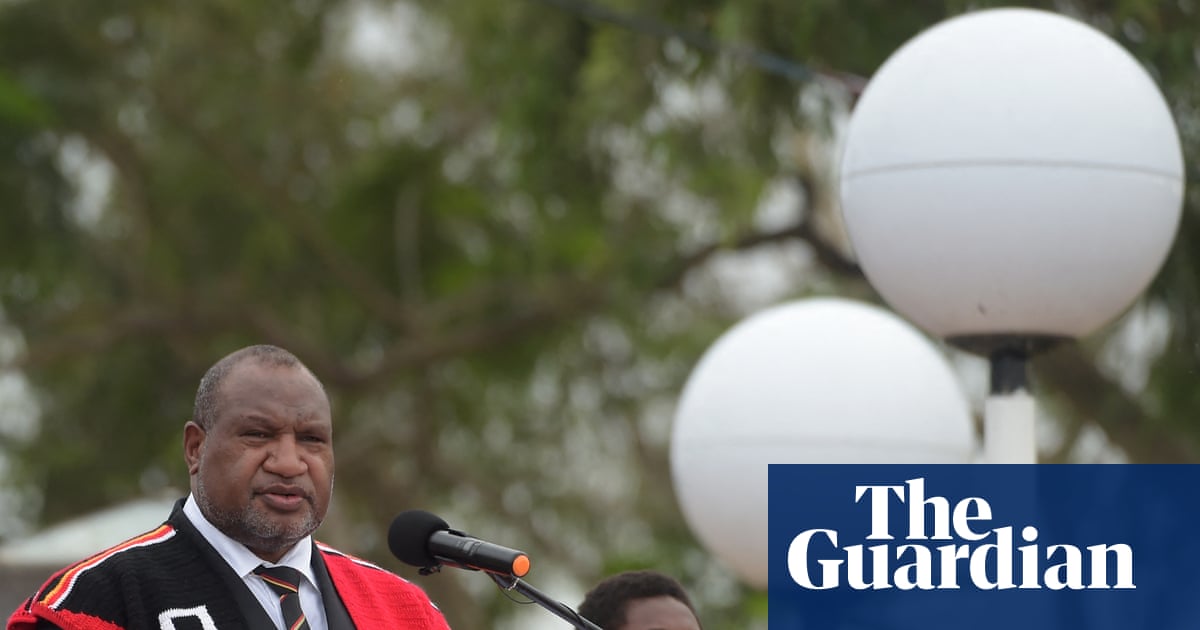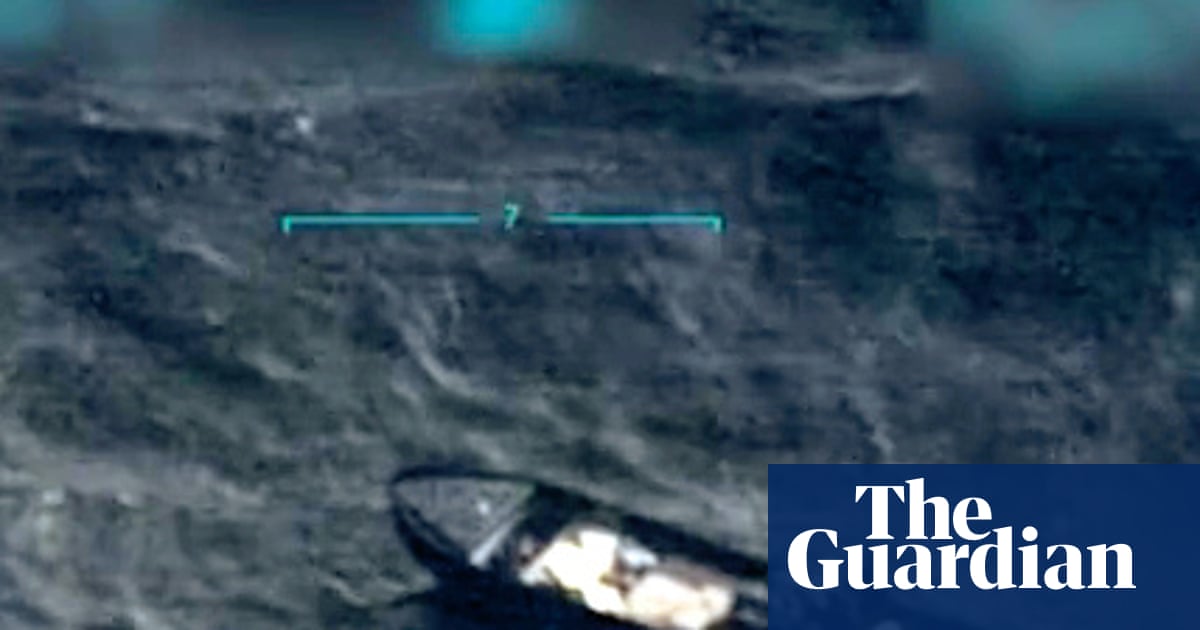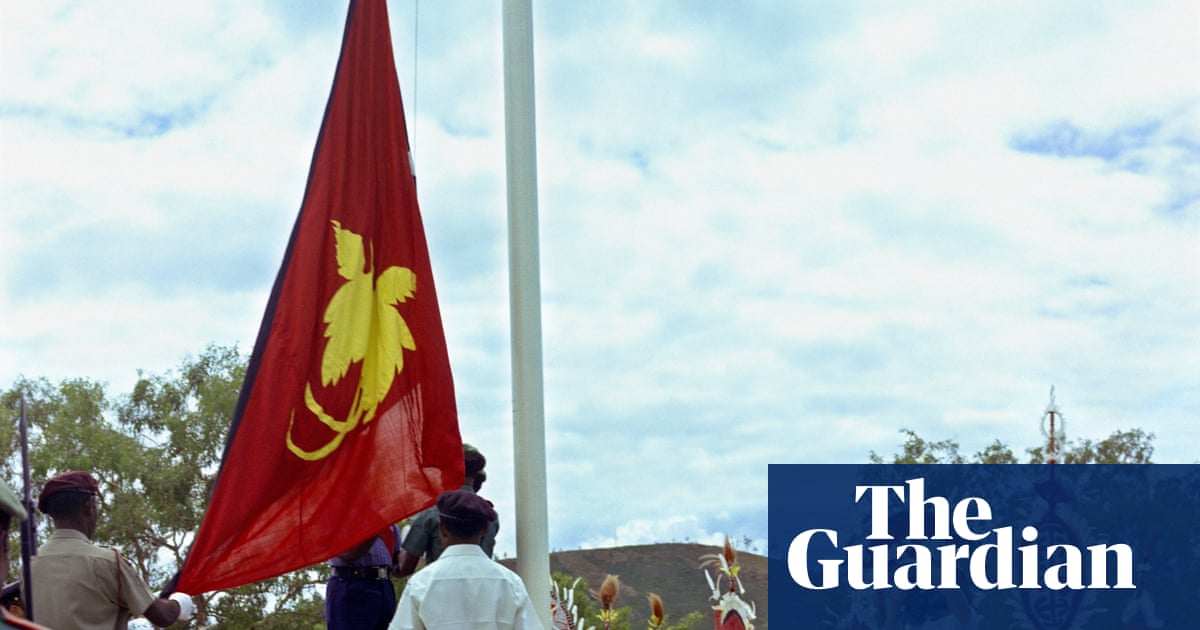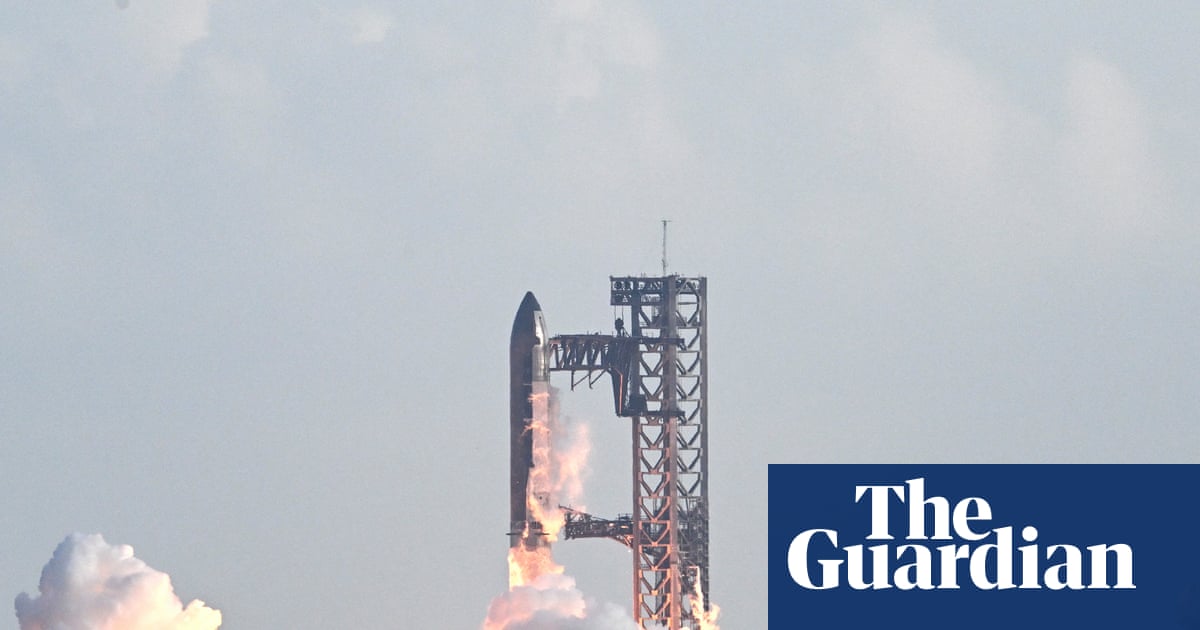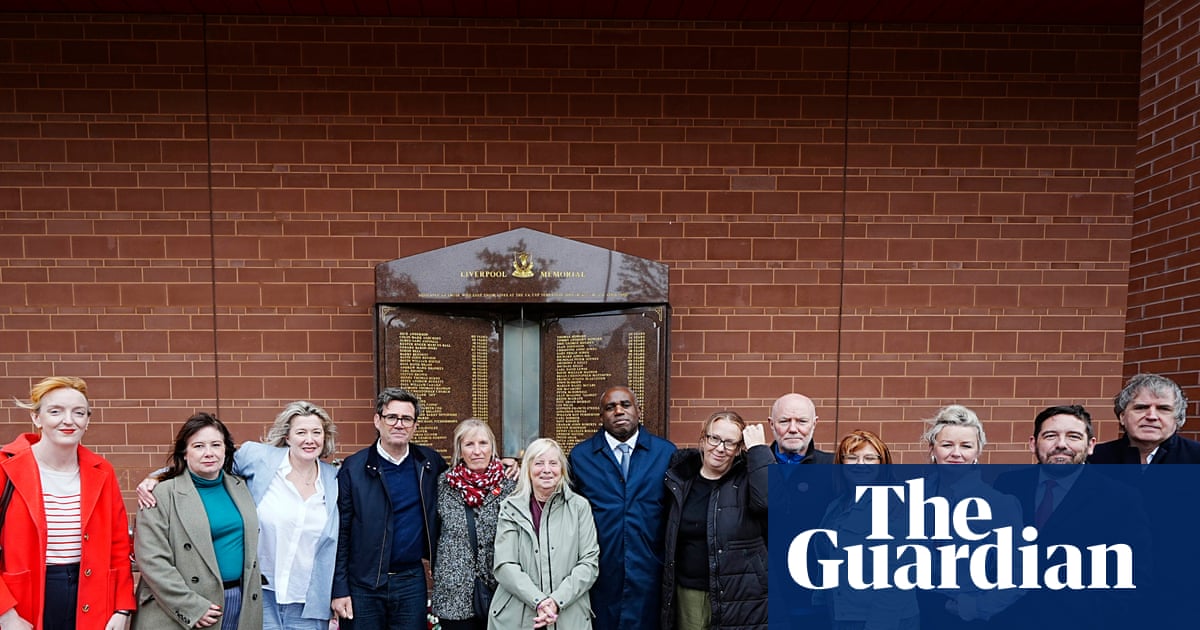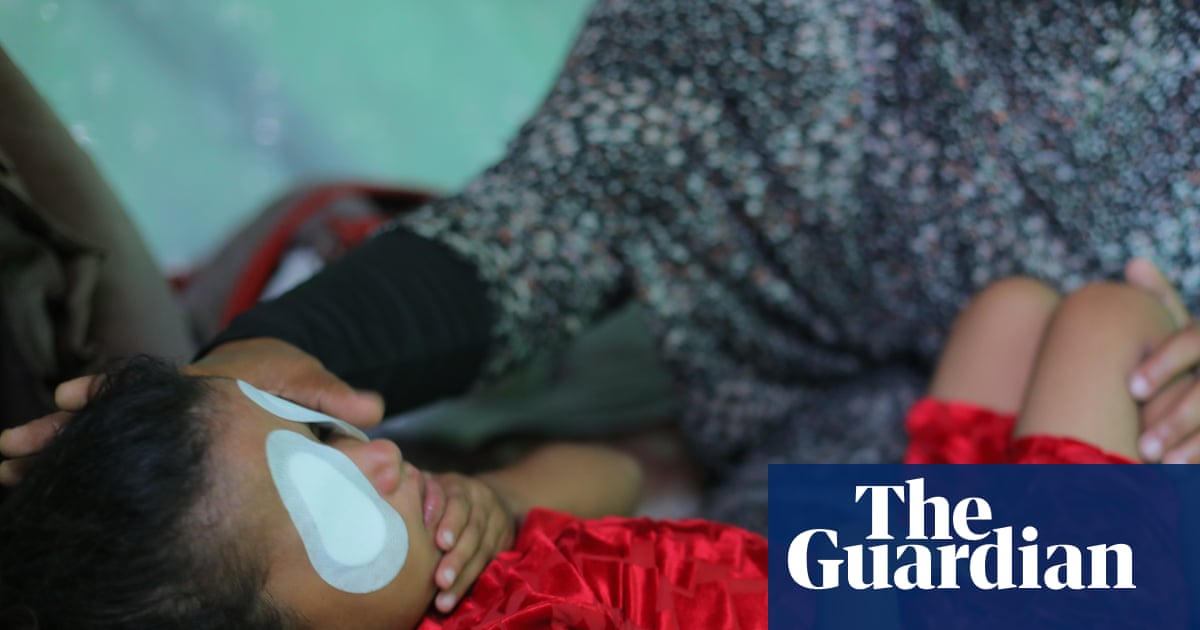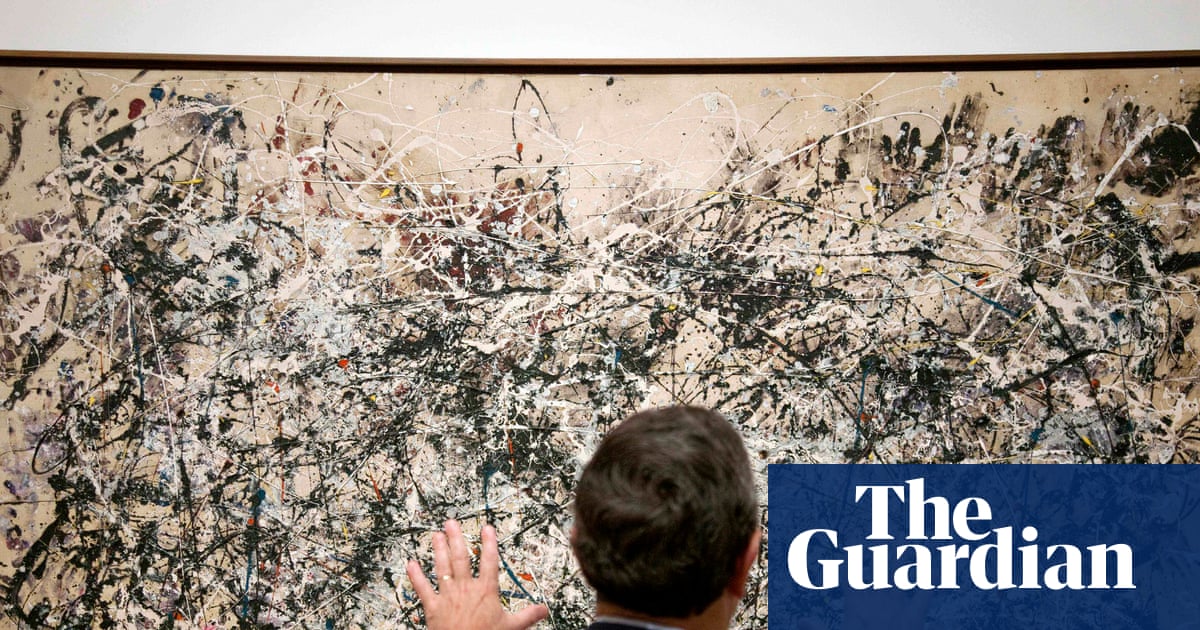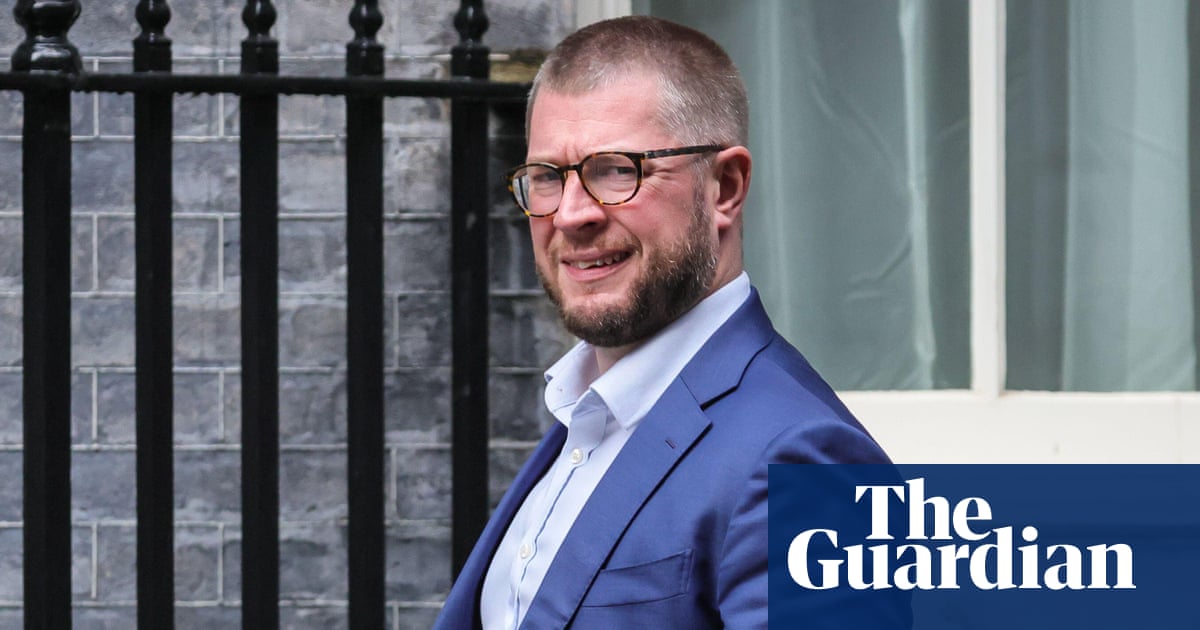The Pacific must be protected from becoming a military zone amid China’s growing push for influence in the region, New Zealand’s top diplomat Winston Peters has warned ahead of a meeting with his Australian counterpart Penny Wong.
Peters, who is New Zealand’s deputy prime minister and foreign affairs minister, told the Guardian that his country has a good relationship with China.
“But the reality is, as the geostrategic shape of the world changes, we do not want the Pacific to become the grounds for competition,” Peters said.
Peters said the Pacific was known as a region of peace “and we want to make sure it stays that way and it does not become a military zone.”
New Zealand has become embroiled in tensions this year over China’s activity in the Pacific, including an opaque agreement between China and the Cook Islands that sparked a diplomatic row between the archipelago and New Zealand, and China’s live-drilling exercises in the Tasman sea, which took Wellington and Canberra by surprise.
Meanwhile, US president Donald Trump’s tariffs and the resulting trade war, as well as sweeping cuts to USAID are fuelling uncertainty in the region.
“It’s not an exaggeration – this has been the most uncertain time for the last 79 to 80 years,” Peters said, adding that New Zealand is focusing on its relationships in the Pacific amid the tumult.
Western nations that traditionally held sway in the region have become increasingly concerned about China’s push for influence in the Pacific, as Beijing has signed security and policing deals with countries in the region over the past three years. Beijing has also delivered significant aid, infrastructure and other funding to Pacific Island countries.
Tensions rose earlier this year when the Cook Islands government unveiled the details of a strategic partnership deal with China, after New Zealand expressed “significant concern” about a lack of transparency over the agreement.
The Cook Islands has operated as a self-governing nation in “free association” with New Zealand for 60 years. Its roughly 17,000 citizens hold New Zealand citizenship and there are obligations between the two nations to regularly consult on matters of defence and security.
Later in February, New Zealand and Australian officials said that China had conducted live-fire exercises in international waters between the two nations, giving little notice and forcing commercial airlines to divert flights.
Challenging China – New Zealand’s largest trading partner – can be a delicate process and as such Wellington has historically taken a more conciliatory approach than Australia or its other Five Eyes security partners, Canada, the US and the UK.
But Peters raised his concerns about the agreement and the live-firing drills with China’s foreign minister Wang Yi in Beijing shortly after the incidents.
“We made sure that they understood what our position was,” Peters said, adding that New Zealand’s relationship with China remained strong.
“If you can’t talk frankly to them, its not a great relationship but we’ve got a good relationship … because we can say what we think.”
Defence, security and development in the Pacific will be high on the agenda when Peters and Wong meet in Adelaide on Friday for their six-monthly foreign ministers’ consultations. Cooperation with Australia had “never been more important”, Peters said.
Peters and Wong have both travelled “extensively” in the region to shore up New Zealand and Australia’s relationship with their smaller Pacific neighbours, he said.
“You cannot to this over zoom, or over correspondence, you’ve got to do it face-to-face.”
With the exception of Kiribati, Peters has visited all of the Pacific Island Forum nations during his 18 months in the role. This week, Wong is visiting Vanuatu, Tonga and Fiji, in her first standalone trip after Labor’s landslide re-election.

 3 months ago
118
3 months ago
118
